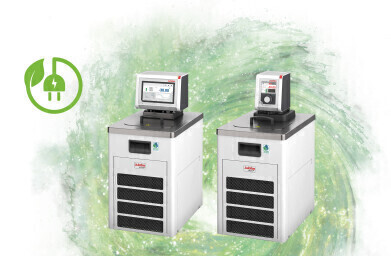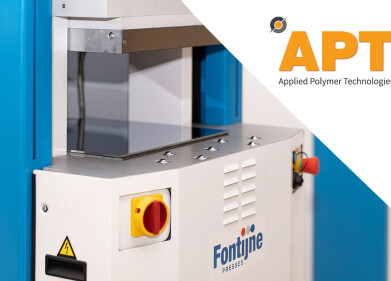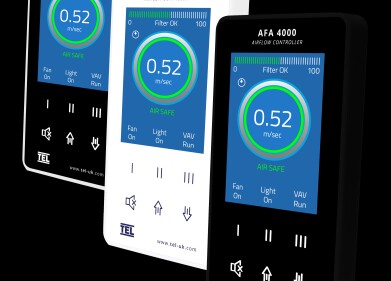Laboratory products
Energy-efficient refrigerated circulators
Nov 09 2023
Decrease operating costs while protecting the environment
Refrigerated circulators ensure reliable, accurate temperature control for applications involving samples, test specimens, and processes in, e.g., basic research, material testing, or technical systems. In many of these applications, partial load operation is usually sufficient for efficient heat withdrawal. Energy-efficient refrigerated circulators can help users save on operating costs while also reducing their environmental impact.
What does energy efficiency mean?
Energy efficiency is a measure of energy expenditure or energy consumption. The objective of being energy-efficient is to use as little energy as possible. A temperature control system is energy-efficient if it achieves a specified target with the lowest possible energy consumption. For example, with precise temperature control of an application. The less energy needed to reach the specified target, the more energy-efficient the temperature control instrument is. Products on the market with a similar function and performance can be used as a reference.
Potential energy savings in temperature control systems
When investing in new temperature control equipment, it is important to carefully verify the expected operating conditions for the desired systems so that the corresponding potential energy savings can be taken into account.
To estimate the potential savings, the specific planned purpose of the systems must be considered. For many typical applications in the laboratory or industry, a fixed setpoint value is specified at the beginning of the temperature control process, and the temperature control instrument then attempts to reach this value in the shortest possible time. To do so, every component involved is operated under high load. Once the set point is reached, the desired temperature is usually just maintained. During this phase, it is sufficient for the components involved, e.g., fans or compressors, to operate at partial load. In these use cases, energy savings of up to 70% are possible when using energy-efficient temperature control systems.
In the past, JULABO has often used electronic expansion valves for refrigerated circulators with a cooling capacity of 600 W or more in order to realise energy savings, among other things. The latest generation of refrigerated circulators is also equipped with speed-controlled compressors and fans to provide greater savings potential. With the 800F and 1200F cooling machines, the new refrigerated circulators are thus the first systems in their power range on the market that make use of this energy-saving potential.
Conventional refrigerated circulators with a cooling capacity of less than 500 W are generally designed as capillary tube systems. These systems require comparatively little energy due to their low absolute cooling capacity. Using more expensive components, like electronic expansion valves and speed-controlled fans or compressors, to realise energy-saving potential would significantly raise the price of these systems. At the same time, the overall effect in terms of energy savings would be very manageable due to their low cooling capacity
Amortization time
With refrigerated circulators of 800 W or more, the energy savings result in rapid amortization of the initial additional costs. The costs are reduced as a result of the energy savings and electricity price. If the application involves different temperature ramps and load requirements and the partial load range is leveled out at approx. 50%, the resulting energy savings amounts to 400 watts per hour.
With low electricity costs, these systems have an amortization time of less than 2 years in many use cases. At the same time, their lower energy consumption helps to protect the environment.
More information online
Digital Edition
Lab Asia 31.6 Dec 2024
December 2024
Chromatography Articles - Sustainable chromatography: Embracing software for greener methods Mass Spectrometry & Spectroscopy Articles - Solving industry challenges for phosphorus containi...
View all digital editions
Events
Jan 22 2025 Tokyo, Japan
Jan 22 2025 Birmingham, UK
Jan 25 2025 San Diego, CA, USA
Jan 27 2025 Dubai, UAE
Jan 29 2025 Tokyo, Japan



















